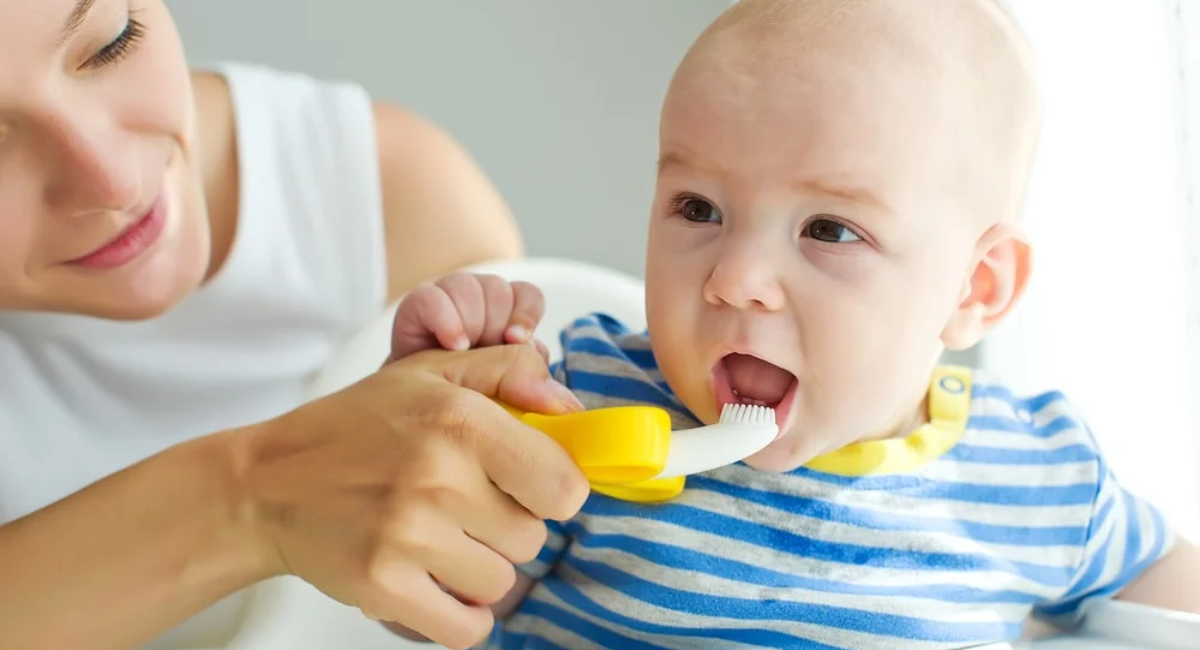The Importance of Baby Teeth and How to Care for Them
When you think about your child’s health, you probably consider their diet, sleep, and overall development. But what about their teeth? Baby teeth, also known as primary teeth, play a crucial role in your child’s growth and development.
They’re not just temporary placeholders; they set the foundation for a healthy smile and strong oral health habits. If you’ve ever wondered why these tiny teeth matter so much and how you can take care of them effectively, you’re in the right place.
Why Baby Teeth Are More Than Temporary?
Baby teeth may not stick around forever, but their impact certainly does. These teeth are vital for several reasons, including your child’s ability to eat, speak, and develop a proper jaw alignment.
Here’s why baby teeth deserve your attention:
- Foundation for Permanent Teeth: Baby teeth guide the eruption of permanent teeth, ensuring they grow in the correct positions.
- Speech Development: These teeth help your child form clear speech sounds. Missing or damaged baby teeth can make articulation challenging.
- Jaw and Facial Structure: Proper alignment of baby teeth supports healthy jaw development and maintains facial symmetry.
- Healthy Eating Habits: Strong, functional teeth make chewing easier, encouraging a balanced diet.
- Preventing Dental Issues: Decayed baby teeth can lead to infections that may harm permanent teeth or spread to other areas of the body.
Common Myths About Baby Teeth
Let’s address some misconceptions about baby teeth:
- “They’re not important because they’ll fall out anyway.”
Baby teeth create the pathway for adult teeth. Early loss can lead to misalignment issues. - “Kids don’t need dental check-ups until they’re older.”
The first dental visit should happen within six months of the first tooth erupting or by their first birthday, whichever comes first. - “Sugar is the only culprit behind cavities.”
While sugar is a major factor, poor oral hygiene, acidic foods, and prolonged bottle-feeding also contribute to tooth decay.
How to Care for Baby Teeth?
Taking care of baby teeth doesn’t have to be overwhelming. With the right habits, you can ensure your child’s smile remains bright and healthy.
1. Start Early
The journey to healthy teeth begins even before the first tooth appears. Wipe your baby’s gums with a clean, damp cloth after feedings to remove bacteria.
2. Choose the Right Tools
Once teeth erupt, switch to a soft-bristled baby toothbrush. Use fluoride toothpaste in a rice grain-sized amount for children under three. Increase to a pea-sized amount after their third birthday.
3. Brush Twice Daily
Make brushing a routine. Morning and night are non-negotiable times for cleaning their teeth. Turn it into a fun activity by singing songs or using a timer.
4. Floss Early
As soon as two teeth touch, introduce flossing. Plaque can build up between teeth, leading to cavities in those hard-to-reach spots.
5. Limit Sugary Snacks and Drinks
Sugary and starchy foods can lead to tooth decay. Offer water instead of sugary beverages, and choose tooth-friendly snacks like cheese and fresh fruits.
6. Visit the Dentist Regularly
Regular dental visits help catch issues early. A dentist can also provide treatments like fluoride varnishes to strengthen enamel.
Spotting the Signs of Trouble
It’s important to monitor your child’s oral health. Here are signs you shouldn’t ignore:
- White spots or discolouration on teeth (early signs of decay)
- Sensitivity to hot or cold foods
- Swollen, red gums
- Pain while chewing or brushing
If you notice any of these, consult a paediatric dentist promptly.
Creating Lifelong Healthy Habits
Caring for baby teeth isn’t just about keeping them cavity-free. It’s about instilling good oral hygiene habits early. Children often mimic their parents, so let them see you brushing and flossing daily. Make dental visits a positive experience to reduce fear and anxiety.
Encourage them to:
- Brush with fluoride toothpaste.
- Drink plenty of water.
- Avoid sticky, sugary treats.
These habits will not only protect their baby teeth but also set the stage for a lifetime of healthy smiles.
Addressing Parental Concerns
Our expert dentists in Kolkata understand that as parents, you may feel unsure about what’s best for your child’s teeth. Questions like “Am I brushing their teeth correctly?” or “Is thumb-sucking harmful?” are common. Rest assured, no concern is too small to bring to your dentist.
- Thumb-Sucking and Pacifiers: While these habits are normal in infants, prolonged use can affect tooth alignment. Encourage your child to stop by the age of three.
- Teething Pain: Use a clean, cold teething ring or a damp washcloth to soothe their gums. Avoid teething gels with harmful ingredients.
Investing in Their Future Smile
Taking care of baby teeth isn’t just about avoiding cavities. It’s about nurturing your child’s confidence, health, and ability to thrive. With consistent care and regular dental check-ups, you’re setting your child up for success—one tooth at a time.
Remember, it’s never too early to start. Let’s build those habits together and give your little one a smile they’ll carry through life.



